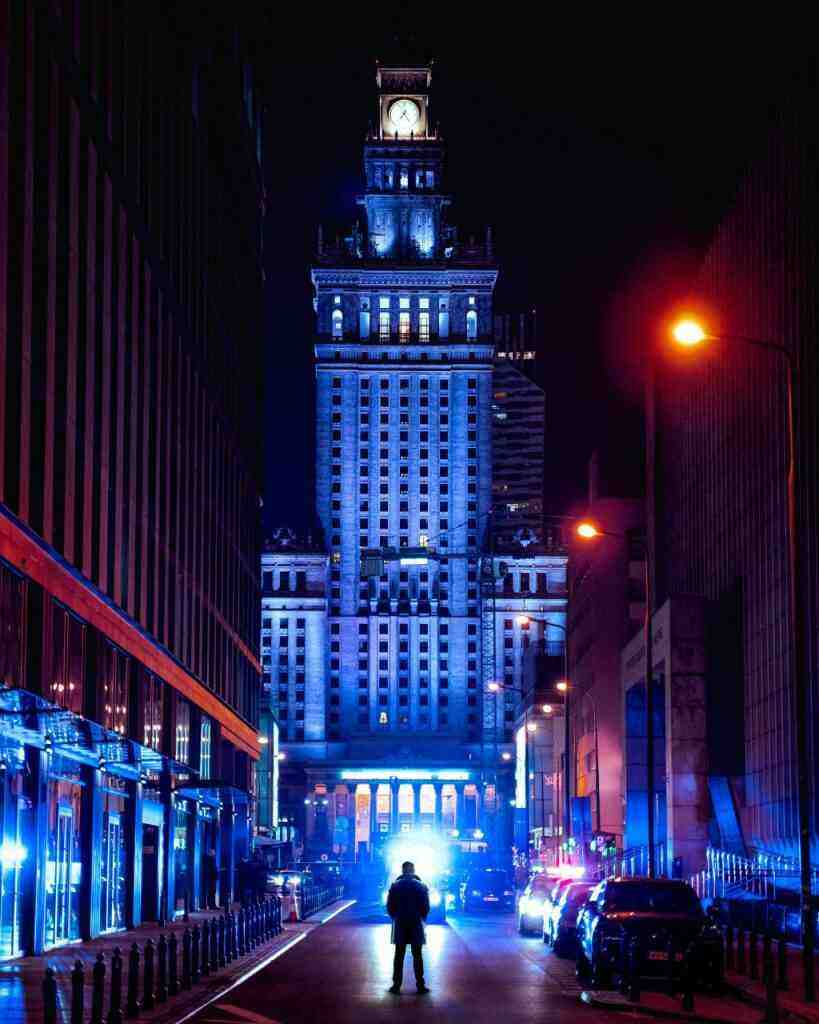San Francisco’s Quest for Enhanced Regulation of Autonomous Vehicles: A Legal Battle
In the heart of Silicon Valley, technological innovation and urban governance have clashed in an unprecedented legal battle. San Francisco, a city known for its embrace of cutting-edge technology, has taken a bold stance against the proliferation of autonomous vehicles (AVs) within its limits, initiating a lawsuit that challenges the California Public Utilities Commission’s (CPUC) decision to permit the expansion of self-driving car operations by industry giants Google’s Waymo and General Motors’ Cruise.
City’s Contentions and Safety Concerns
The lawsuit, filed in December 2023, asserts that the CPUC’s decision to grant permits to Waymo and Cruise violated state law. Central to San Francisco’s argument is the commission’s alleged failure to adequately evaluate the public safety risks posed by AVs and its neglect in imposing necessary regulations to safeguard the public. The city points to a series of incidents involving autonomous vehicles in San Francisco, including instances of interference with first responders, traffic disruption, and even an accident where a Cruise car struck a pedestrian.
Frustration Over Lack of Local Control
San Francisco officials have long expressed frustration over the limited local control they have over autonomous vehicles, as state-level regulations primarily govern these vehicles. Despite repeated attempts to halt the expansion of AVs, the city’s pleas have been largely ignored. This lawsuit represents a last-ditch effort by the city to assert its authority and protect the well-being of its residents.
Autonomous Vehicle Industry’s Response
The autonomous vehicle industry has reacted with mixed sentiments to San Francisco’s legal challenge. Waymo, the Google-owned AV company, expressed disappointment, maintaining that its autonomous vehicles possess a superior safety record compared to human drivers and will ultimately lead to a future with fewer road fatalities. The company, however, acknowledged its willingness to collaborate with regulators and city officials to address safety concerns.
Cruise, on the other hand, has faced significant setbacks due to a highly publicized accident involving its autonomous vehicle. Following the incident, the company suspended testing its self-driving cars and underwent internal restructuring. Despite these challenges, Cruise remains committed to developing and deploying safe autonomous vehicles.
Legal Expert’s Perspectives
Legal experts hold varying opinions on the merits of San Francisco’s lawsuit. Some argue that the city has a strong case, given the documented safety incidents involving AVs. They believe the lawsuit could set a precedent for other cities seeking to regulate autonomous vehicles more stringently. Others, however, are skeptical about the city’s chances of success, as the CPUC holds broad authority over transportation matters.
Potential Impact of the Legal Battle
The outcome of San Francisco’s lawsuit could have far-reaching implications for the autonomous vehicle industry. If the city prevails, it could inspire other cities and states to impose stricter regulations on AVs, potentially slowing down their deployment. Conversely, if the CPUC’s decision is upheld, it would be a significant victory for the industry, allowing companies like Waymo and Cruise to expand their operations more freely.
Conclusion: A Balancing Act
San Francisco’s lawsuit against the CPUC highlights the ongoing debate over the regulation of autonomous vehicles. As cities grapple with the challenges of integrating these vehicles into their transportation systems, they must strike a delicate balance between encouraging innovation and ensuring public safety. The outcome of this legal battle will be closely watched by the autonomous vehicle industry, policymakers, and the general public alike, as it will shape the future of urban transportation.
Call to Action: Share your thoughts on San Francisco’s legal battle against autonomous vehicles. How do you think this case will impact the future of AVs in cities? Let us know in the comments below.
